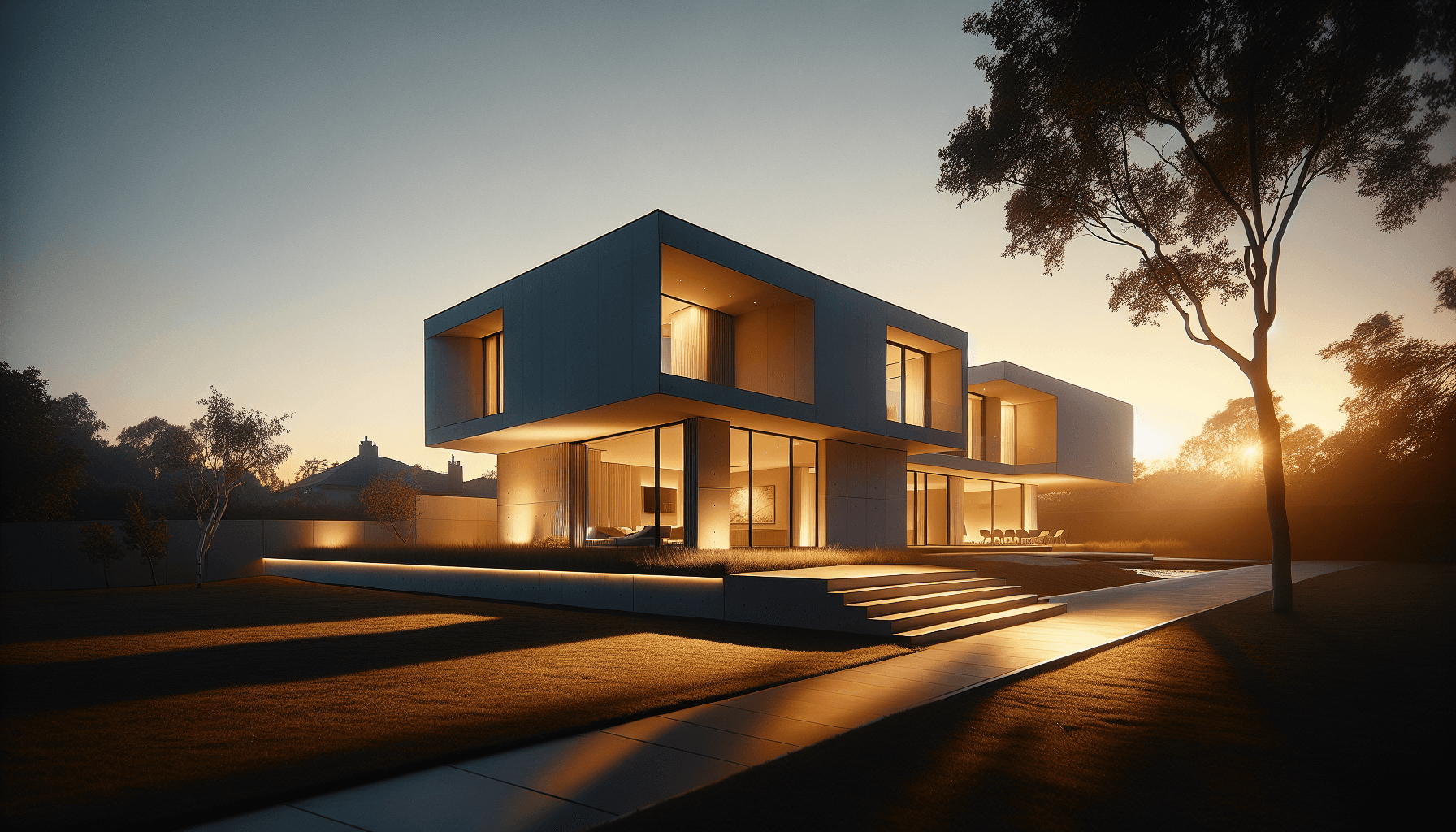What is an Attached House in Real Estate Terms?
I've noticed many people get confused about what exactly makes a house "attached." Let me clear that up for you! An attached house is more than just sharing walls with neighbors - it represents a unique blend of private ownership and community living that's becoming increasingly popular in residential real estate.
Attached House: A residential property that shares at least one wall with another housing unit, such as a townhouse or row house. Attached houses typically have their own private entrance and outdoor space, while sharing structural elements with neighboring homes.
Types of Attached Houses
The world of attached housing offers several distinct styles. Townhouses come in two main varieties: end units (with only one shared wall) and interior units (with two shared walls). These often feature multiple floors and modern amenities.
Row houses, which you might spot in historic neighborhoods, showcase uniform facades and connected walls. Many cities have preserved these architectural gems while updating their interiors for modern living.
Semi-detached homes, often called duplexes, typically share a single wall and mirror each other's layout. Think of them as twins - similar but with their own unique characteristics!
Benefits of Owning an Attached House
Your wallet might thank you for choosing an attached house! These properties typically cost less than their detached counterparts. You'll save money on heating and cooling too, since shared walls provide natural insulation.
The maintenance load gets lighter - no need to worry about all four exterior walls. Many attached homes come with built-in community perks, like shared gardens or common areas. Plus, these properties often pop up in prime locations near city centers or popular neighborhoods.
Potential Considerations
Let's talk about what you should know before buying. Sound transmission through shared walls varies - newer buildings usually have better soundproofing. Many attached homes belong to HOAs, which means regular fees but also maintained common areas and clear community guidelines.
Privacy might seem like a concern, but clever design features like private entrances and strategic window placement can make your attached home feel like a standalone property.
Common Misconceptions About Attached Houses
I hear people say, "I'd never have any privacy in an attached house!" That's simply not true. Modern construction techniques create excellent sound barriers between units. Another myth? That you're responsible for your neighbor's maintenance issues. Each owner typically maintains their own unit, with clear boundaries defined in HOA documents.
Buying an Attached House: Key Considerations
Before signing that contract, check out the neighborhood at different times of day. Pay special attention to the shared walls during inspection - quality construction makes a huge difference. Read those HOA documents carefully - they'll tell you what you can and can't do with your property.
Insurance needs might differ from detached homes, so talk with your insurance agent about specific coverage requirements.
Financial Aspects
The numbers often work in your favor with attached houses. Purchase prices typically run lower than comparable detached homes in the same area. Mortgage lenders might have specific requirements for attached properties, so shop around for the best rates.
Don't forget to budget for HOA fees - they're part of your monthly housing costs. The good news? These fees often cover external maintenance and some utilities.
Living in an Attached House: Best Practices
Good neighbor relationships matter more in attached housing. Simple courtesies go a long way - keep shared spaces tidy and respect quiet hours. Make the most of your space with smart storage solutions and furniture arrangement.
Future Outlook for Attached Houses
The housing market shows strong demand for attached homes, particularly in urban areas. These properties often incorporate new sustainability features, making them attractive to environmentally conscious buyers.
Making Your Decision
Consider your lifestyle - do you value community living? Are you okay with some shared responsibilities? Would you rather spend time enjoying your home than maintaining a large yard?
Bellhaven Real Estate specializes in helping buyers find their perfect attached home. We know the local market inside and out and can guide you through every step of the purchase process.

